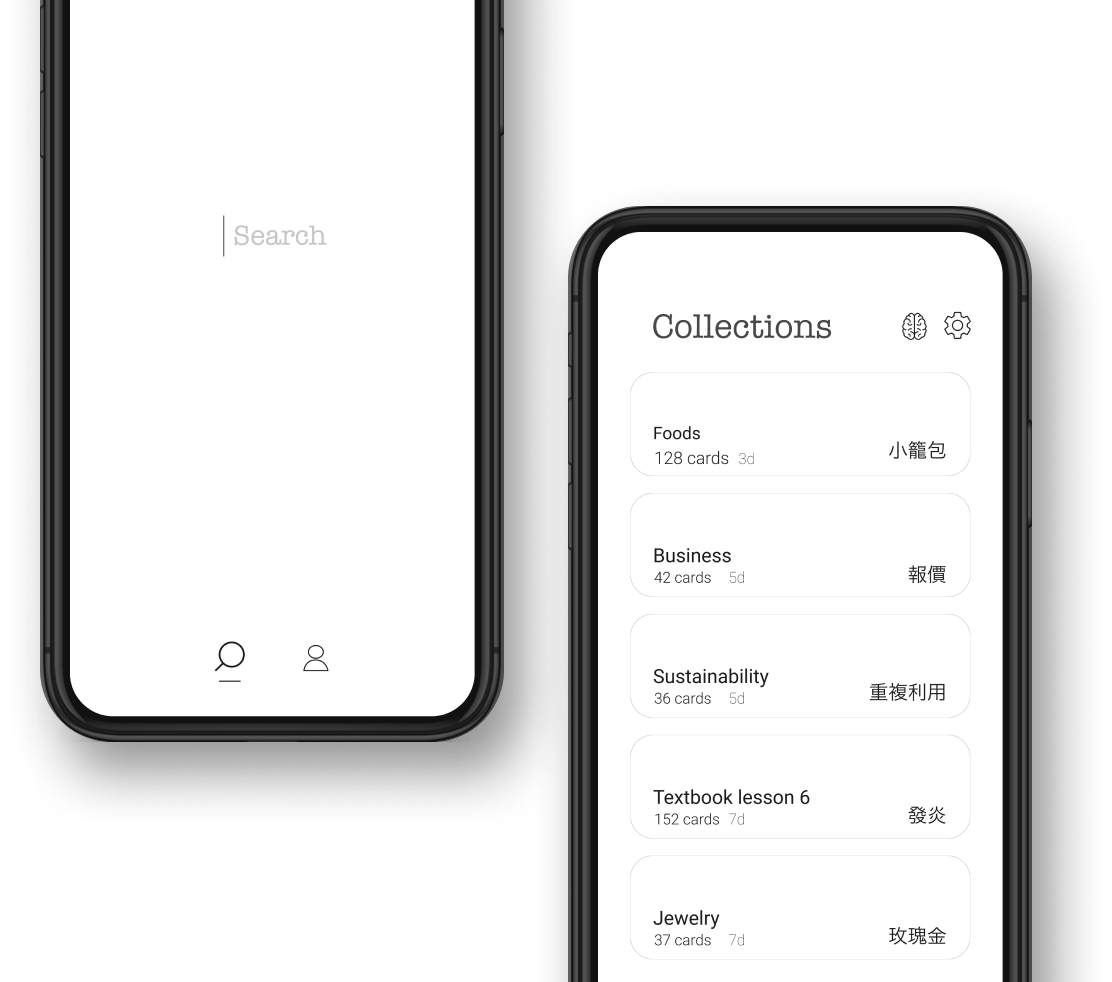Meaning of qióng:
穷
poor; destitute
Jǐnguǎn tā hěn qióng, dàn tā yīrán nǔlì gōngzuò.
尽管他很穷,但他依然努力工作。
Even though he is very poor, he still works hard.
Tā zuìjìn hěn qióng, suǒyǐ méiyǒu bànfǎ lǚxíng.
他最近很穷,所以没有办法旅行。
He has been very destitute recently, so he can't afford to travel.
to use up; to exhaust
Tā de jīnglì yǐjīng yòng dào jí qióng le.
他的精力已经用到极穷了。
His energy has been used up completely.
Tā gōngzuò de hěn nǔlì yǐ bìmiǎn xiànrù jīngjì kùnnán de jìngdì, yīnwèi tā bùxiǎng biàn de hěn qióng.
他工作得很努力以避免陷入经济困难的境地,因为他不想变得很穷。
He works very hard to avoid falling into financial difficulties because he doesn't want to become very poor.
thoroughly; extremely; (coll.) persistently and pointlessly
Jīngguò yī yè de fēnxī, tā zhōngyú bǎ wèntí yánjiū de hěn qióng.
经过一夜的分析,他终于把问题研究得很穷。
After a night of analysis, he thoroughly researched the problem.
Tā zuótiān wán de tài qióng le, dōu méi huí jiā.
他昨天玩得太穷了,都没回家。
He partied extremely hard yesterday and didn't even go home.
Bié zài qióng wèn nàxiē chóngfù de wèntí le.
别再穷问那些重复的问题了。
Stop persistently asking those repetitive questions.

